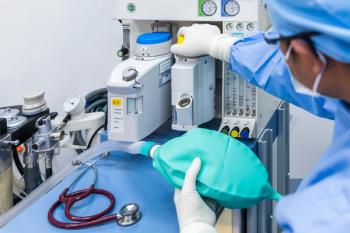
The study involved 88 pediatric patients, with 12.5% showing positive intradermal test results and 1.1% positive subcutaneous provocation.

The study involved 88 pediatric patients, with 12.5% showing positive intradermal test results and 1.1% positive subcutaneous provocation.

A decade after bariatric surgery, most teens maintained weight loss and reduced obesity-related conditions such as type 2 diabetes and hypertension.

A new study explored increased health care utilization of children among several specific sleep disorders, race, and age.

A new study found female teens and young adults were more likely to have an increased antidepressant dispensing rate during the pandemic than male peers.
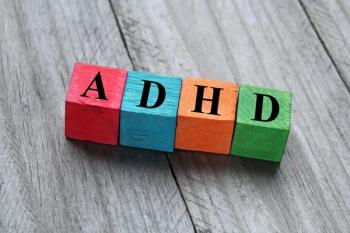
According to a recent study, young adults (aged 18-19 years) discontinue ADHD medication the most, compared to younger children.
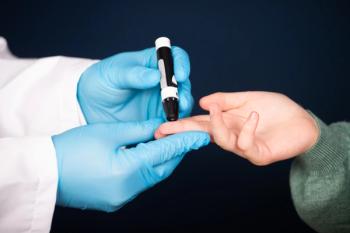
Mothers with mood disorders—either bipolar disorder, major depressive disorder— or schizophrenia/ schizoaffective disorder are not associated with their offspring’s risk for type 1 diabetes, according to a recent study.
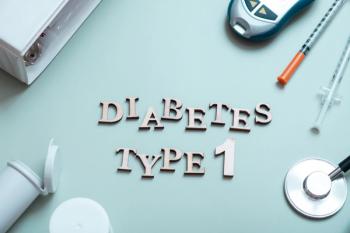
Reduced sleep efficiency and increased sleep irregularity in adolescents and young adults with type 1 diabetes are associated with higher HbA1c levels, insulin resistance, and endothelial dysfunction, highlighting the significance of addressing sleep-related factors in diabetes care for improved overall health.
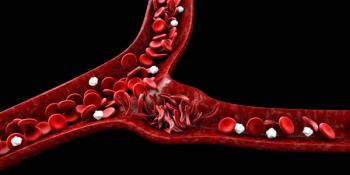
A recent study underscores the significant disease burden in children with sickle cell disease, urging consideration for earlier and higher-dose hydroxyurea treatment to alleviate morbidity, especially in those with HbSS/Sβ0 thalassemia.

Children of mothers in minority groups were associated with a higher likelihood of ASD diagnosis, but only children of White mothers had ASD associated with neighborhood disadvantages.
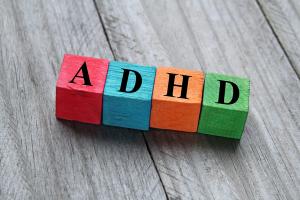
Published: January 3rd 2024 | Updated: